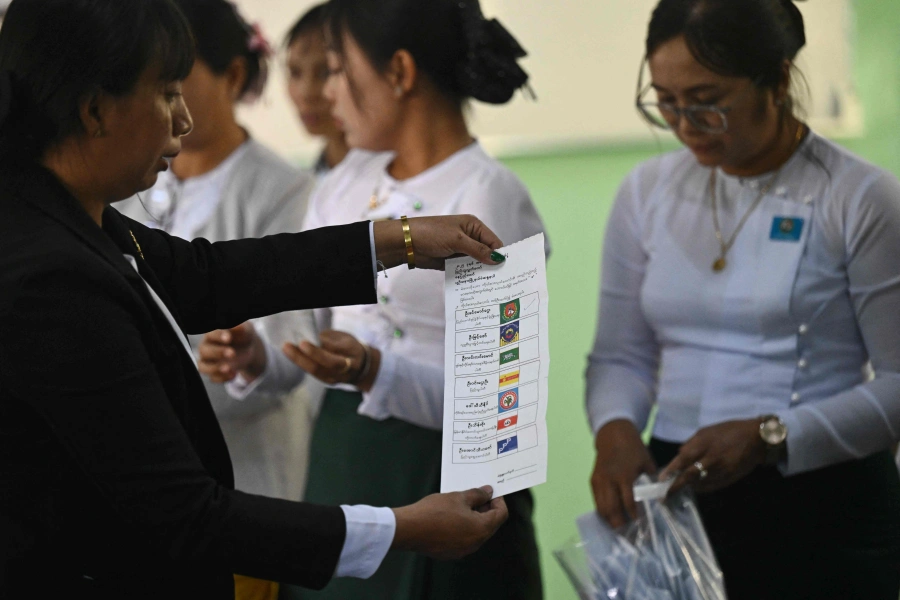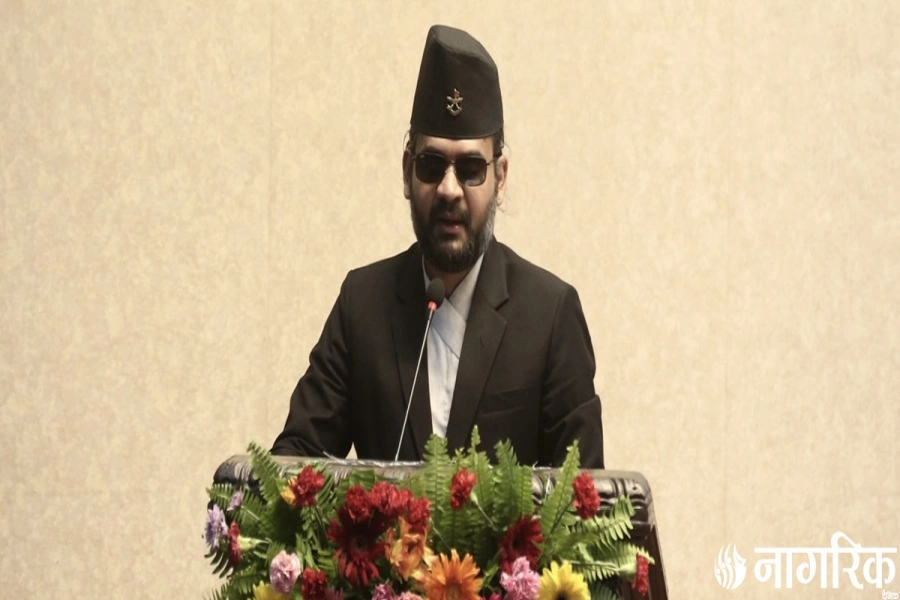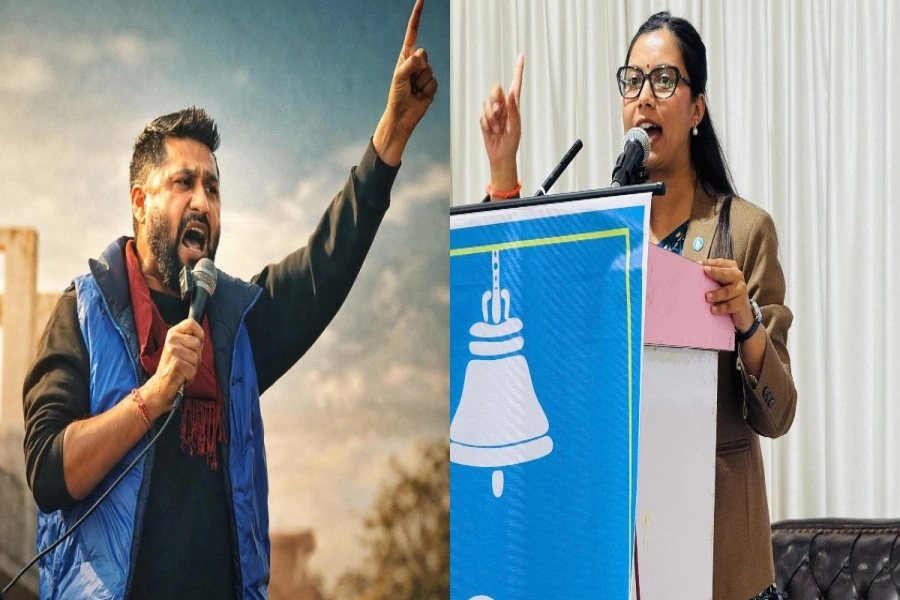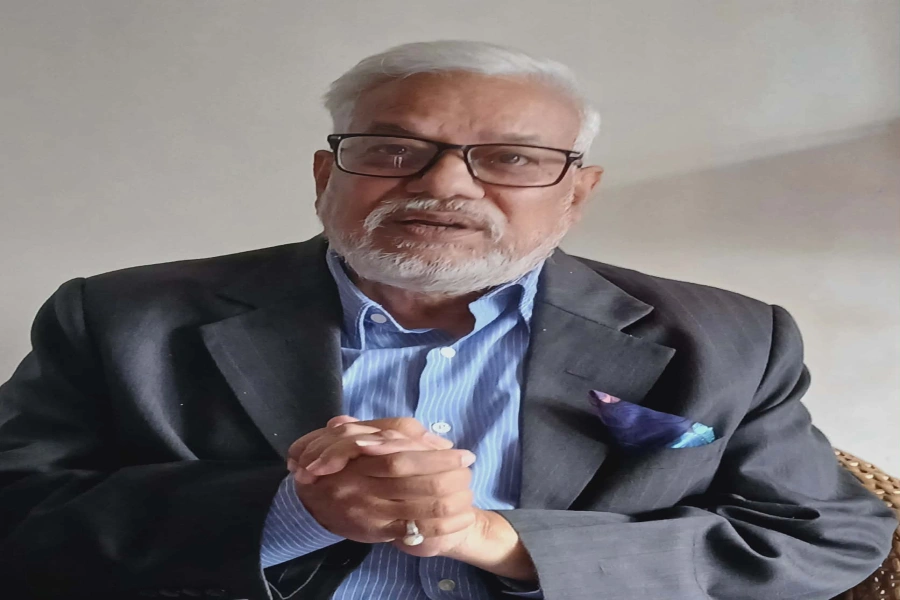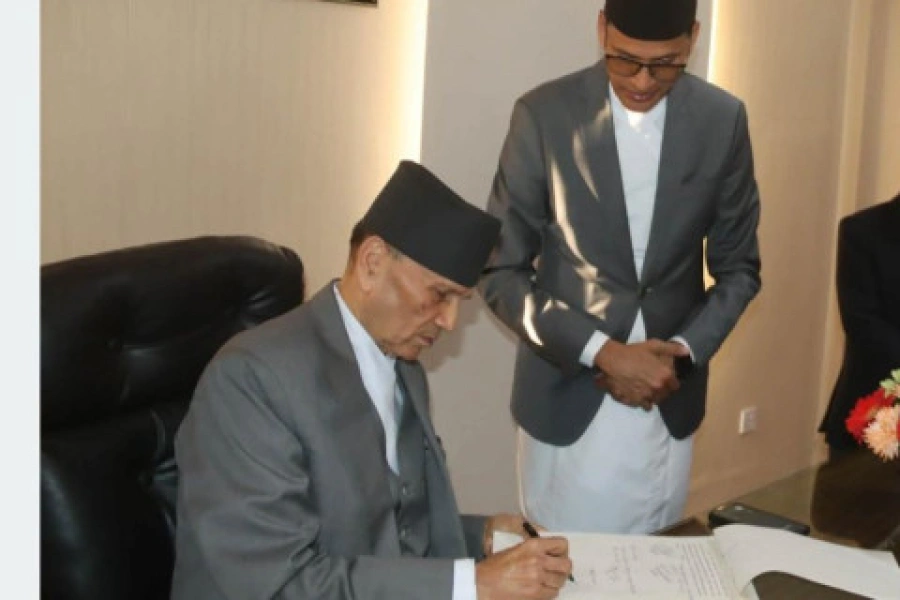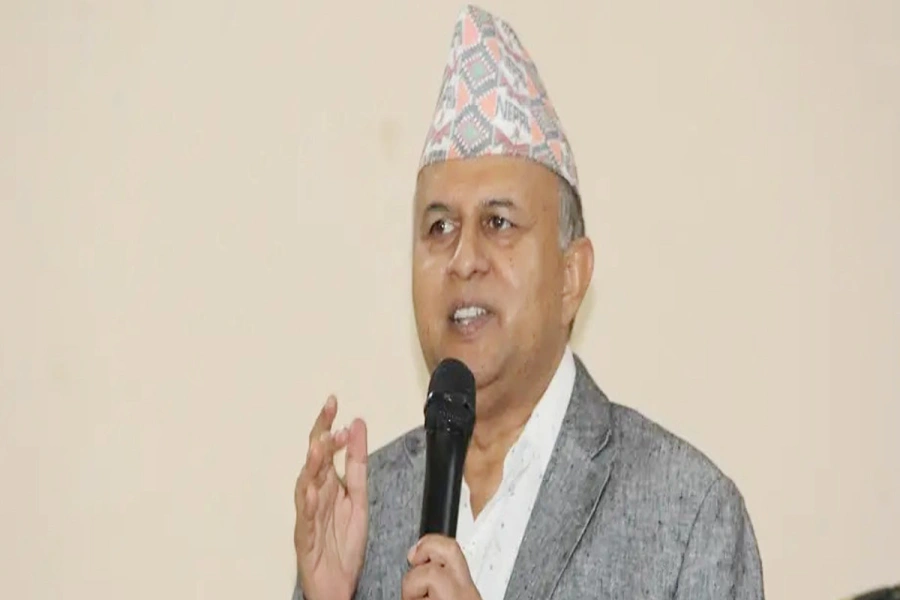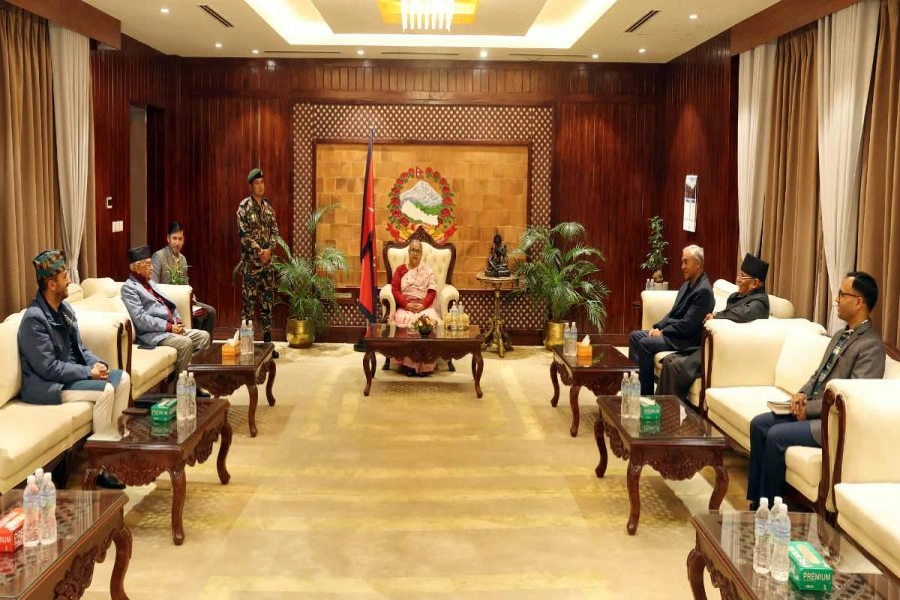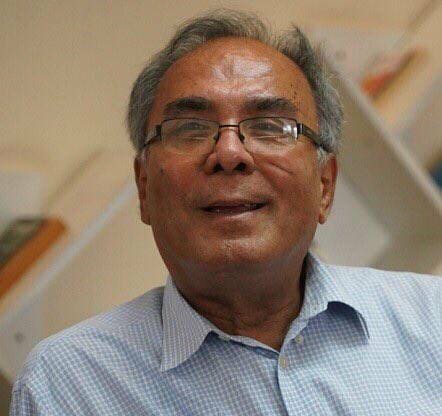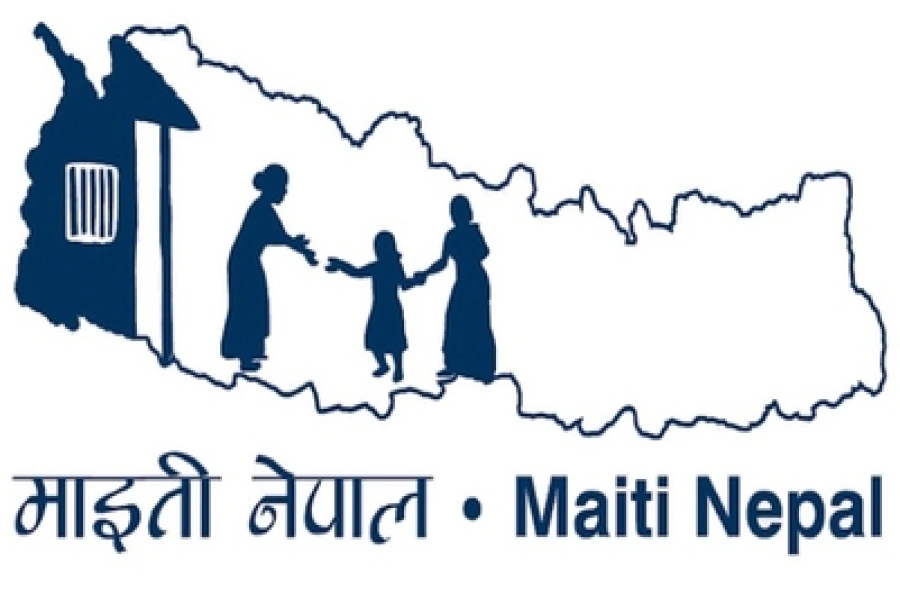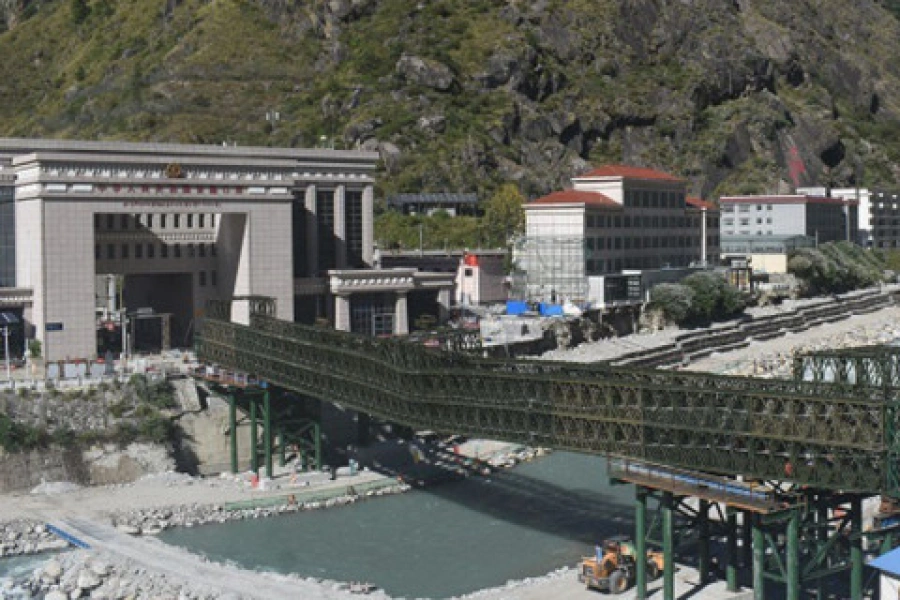Punishing extortionist schools
Governments in Nepal are notorious for playing cruel jokes on people. The latest evidence of this perverted sense of humor is the government action against 13 private schools in Kathmandu district that were found to have arbitrarily increased their fees. The District Education Office, Kathmandu, believes almost all schools in the district—and there are 1,100 of them—have illegally increased student fees. Apparently, it’s not in a position to punish them all at one go, so it has for now singled out 13. Accordingly, 10 schools have been fined Rs 5,000 each, while three schools have been made to cough up Rs 25,000 each. Compared to the annual revenues of these schools—in tens if not in hundreds of millions of rupees—the fines they are being made to pay for such egregious breach of public trust is akin to taking out a drop of water from an ocean with the purpose of drying it. If the maximum penalty for arbitrary fee increase is Rs 25,000, 99 percent schools in Kathmandu, we suspect, would happily pay the fine. With the monthly tuition fee of Rs 1,700 that these schools are charging at a minimum from their average student, a school with 500 students that increases its monthly fees by 10 percent brings in Rs 1,020,000 extra every year. Minus the (maximal) fines, this is a profit of Rs 995,000. There are hundreds of schools in Kathmandu which have well over 1,000 students and who charge much more than the government-set minimum of Rs 1,700 a month. They have an even bigger incentive to quietly pay the fines.
It seems that the government is happy to allow these private schools to extort parents. That the political parties in government, especially CPN-UML which leads it, have deep penetrations in the private education sector is an open secret. Many UML lawmakers own private schools and colleges, either themselves or through their proxies. It is these same lawmakers who make laws to regulate private schools. The most obvious way to avoid a direct conflict of interest would be to bar lawmakers involved with private education establishments from deliberations and law-making process concerning such establishments. But in most cases it is hard to establish a direct connection between a lawmaker and a private school. Even if such a link can somehow be established, the government, if the past is any guide, can simply refuse to acknowledge it. This is why there have so far been no efforts to avoid such blatant conflict of interest.
With the government on their side and the legislature rendered ineffective, the only remaining institution that can keep the private institutions honest is the judiciary. And the judiciary has been active. It has repeatedly directed the government of the day to take measures to rein in unruly private schools. In response, the government enacts token measures like minimal fines. Such tokenism gives private schools a convenient excuse to continue to shake down parents. There can never be meaningful educational reforms so long as there are such high financial incentives to cheat. If we could only make our private schools and colleges justify the high fees they charge, we would have gone a long way.
UML asks - Is the TJ bill just an eyewash?





